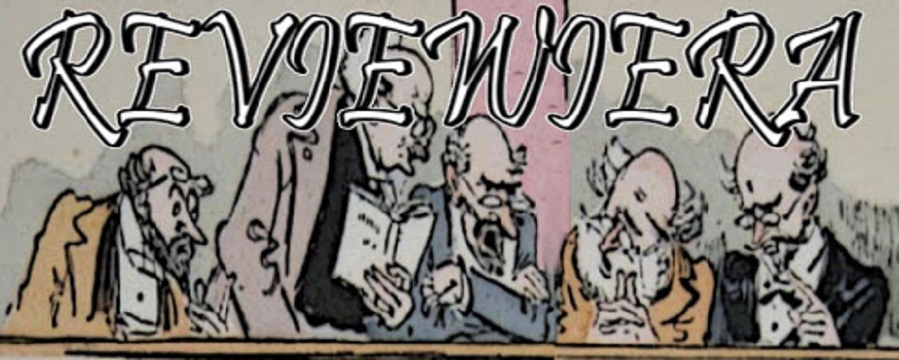The Virgin Suicides (1999) 1.66:1, Lost in Translation (2003) 1.85:1, Marie Antoinette (2006) 1.85:1, Somewhere (2010) 1.85:1, The Bling Ring (2013) 1.85:1, The Beguiled (2017) 1.66:1

In Priscilla (2023, Sofia Coppola) 1.85:1, the inserts are better than the movie. But it totally works to its strength. In this film setting is everything. And Graceland is Versailles. But the inserts; period authentic jars of Noxzema, Chanel no. 5, mascara in one assorted on a bathroom counter; in another, an airplane ticket on Pan-Am; porcelain miniature figurines in another; this is the film. We even get a montage where it all culminates in this connecting notably Sofia Coppola's longtime passion for Polaroids and it clicking this is probably the time they were first introduced into the market. Coppola curates the details of the setting as would be featured in a magazine, or adorning a bedroom wall, or a scrapbook. It’s who she is. It’s her artistic identity.
And as in most of her movies, her perspective is that of a young woman embarking on something like a fairytale exploration of a world of decadence, fame, and idealized romance that upon proving illusory allow her to become empowered and glimpse the kind of wisdom wrought through hard-earned life experience. In Priscilla it’s all so gorgeously quaint. Priscilla is an object. She’s Elvis’ idealization of a teenbride who only exists to be there for him to cuddle when he’s lonely, dress up, make-up, and do her hairstyles how he wants, and keep her in a dollhouse—she’s his Barbie. And here’s where it begins to become apparent that in this dream of make-believe the princess is just any ordinary girl, which is to say she could be any ordinary girl. And in her own way, Coppola tells the story she wants and has the immensely talented aptitude to understand that it’s not her burden to tell this as a documentary.
Sofia Coppola cinematically builds Priscilla through ephemeral, poignant moments of contemplative melancholy. There’s never anything melodramatic about the way she treats the material. The hues are soft and diffuse, as is the atmos—mist instead of shadows.
Priscilla is also a film where the 60s pop songs become this kind of alchemy collage. But the original score is also this percussion-based lullaby xylophones, celesta, or something like I don’t know: bells, glass, chimes, music box pretty, delicate, and soft like everything else in the movie.
This film isn’t detached from the heart of its protagonist. Yet there does seem to be something indicative of a distance between the life she wanted (and we want for her) and the one she gets (and the version of it Coppola has made into a movie). Coppola is so confident in her perspective that the artifice of it knowingly depicts the world used to ultimately define the characters she’s created. And through this it is then a matter of familiarizing ourselves with the cold inescapable maze of what’s left out as key to these truthful renditions. And it does help that Priscilla throws in just enough details you probably aren’t familiar with or don’t see coming to make it that much more fun.
11/03/2023 AMC Madison Yards 8
Atlanta, GA
DCP





